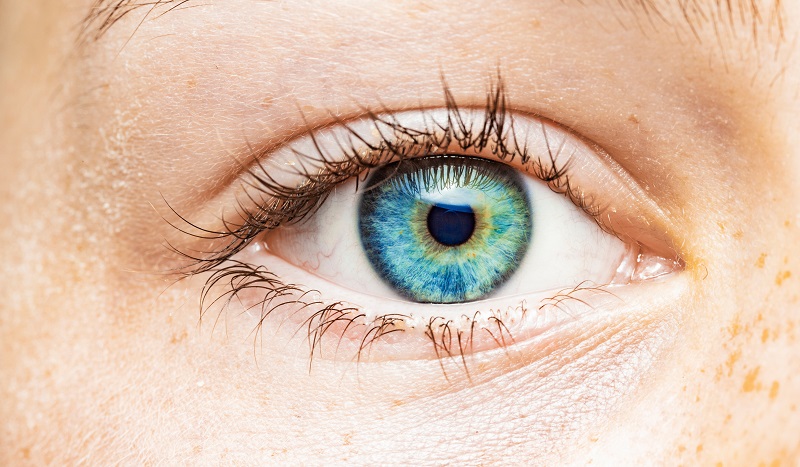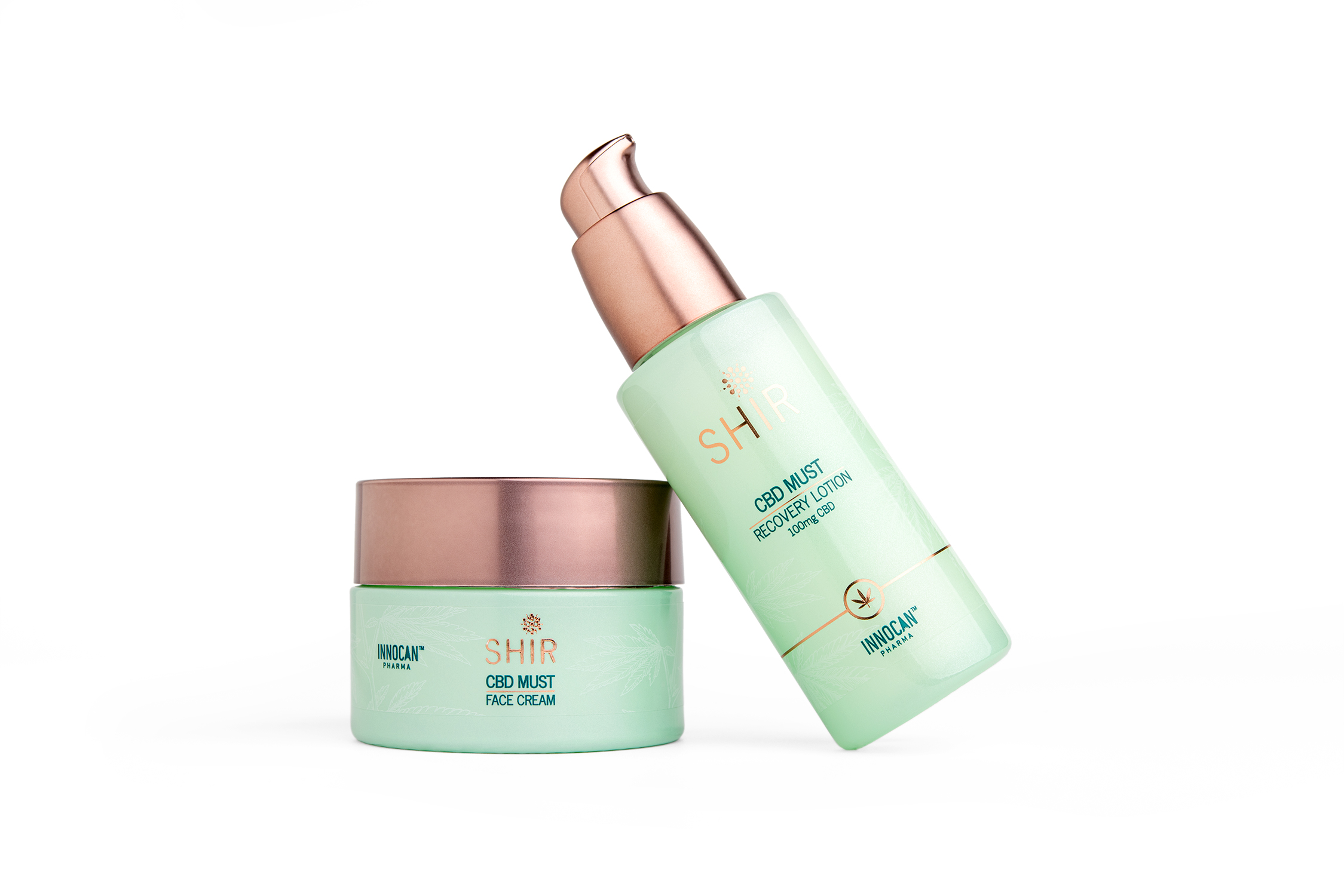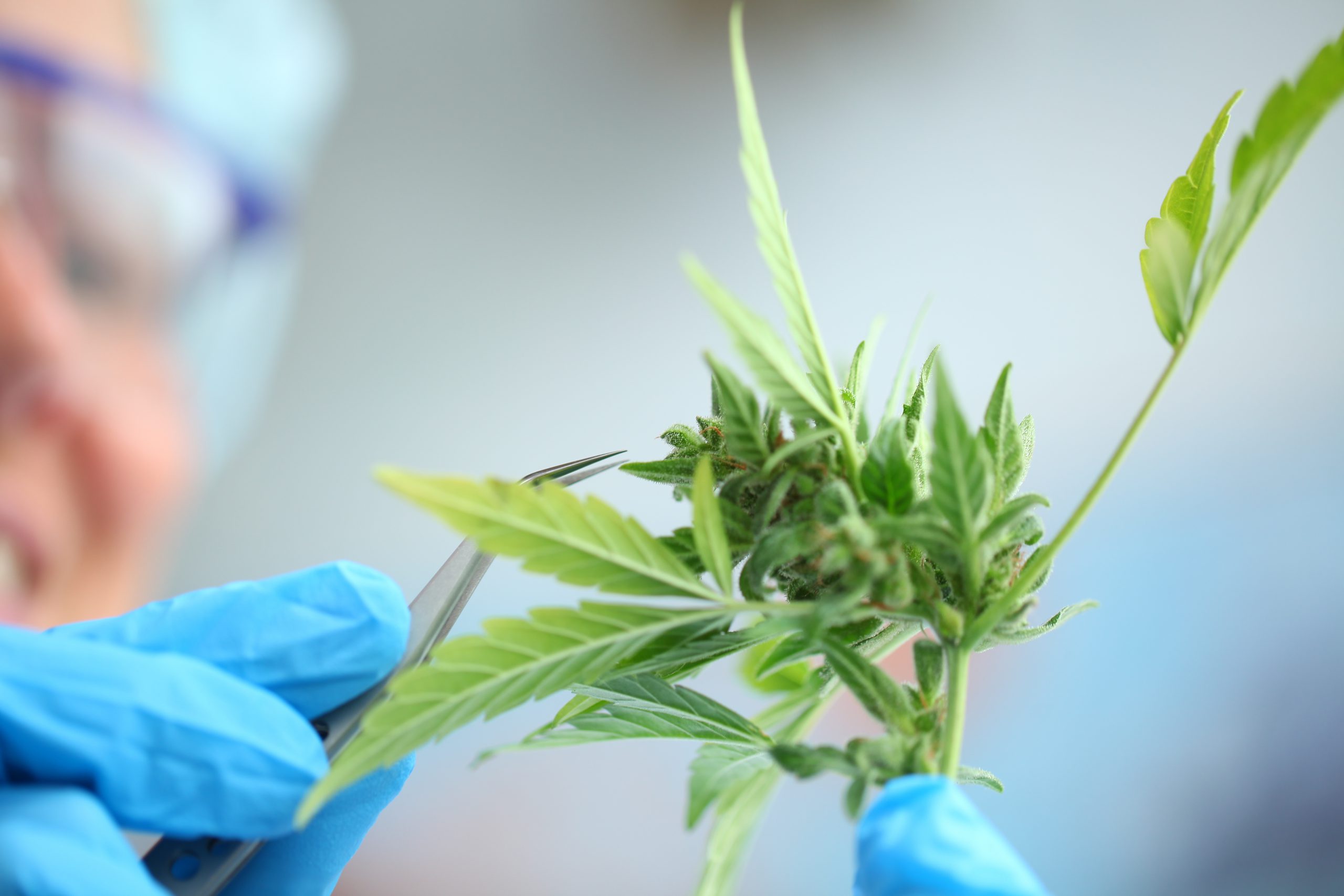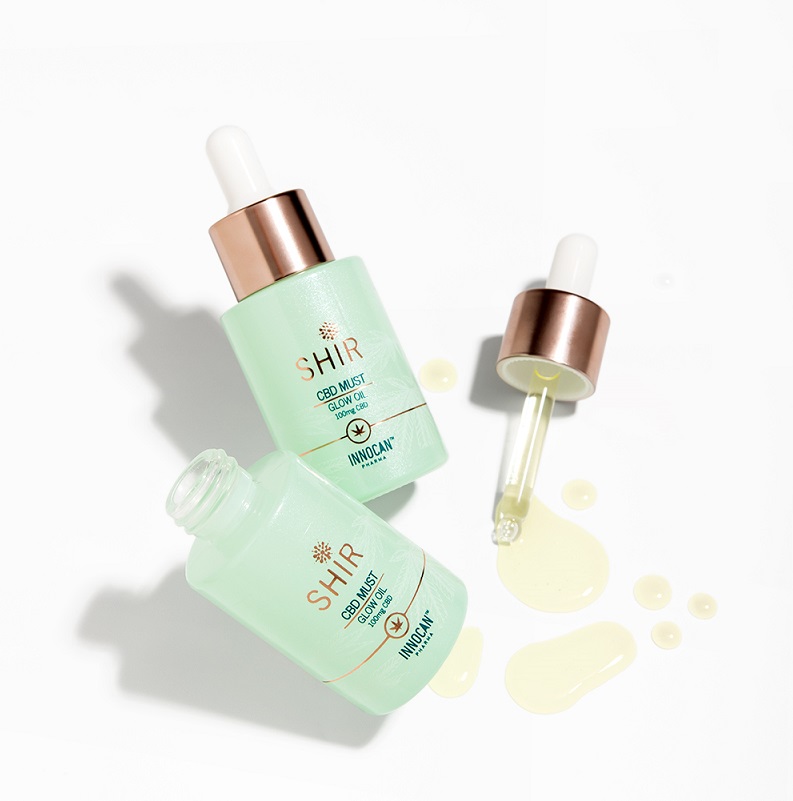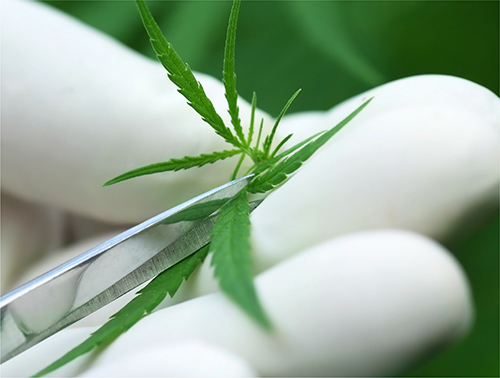Treating Urticaria, Skin Lesions & Atopic Dermatitis Using Topical CBD Gels

The increasing prominence and acceptance of CBD oil use in the healthcare industry are opening up gates to more useful options to treat a multitude of diseases. Researchers continue looking for new uses of this therapeutic oil. CBD oil is already being extensively used to treat conditions such as:
- Chronic pain
- depression
- anxiety
- arthritis
- epilepsy
Apart from these mainstream usage of CBD oil, it is now gaining significant recognition for successfully treating multiple skin conditions such as:
- acne
- psoriasis
- rosacea
- urticaria
- skin lesions
- atopic dermatitis (eczema)
I1n this article, we will learn more about these skin conditions and how topical CBD gels and creams can help treat them to a great extent.
Let’s start with the basics first.
What is CBD?
CBD is the short form of cannabidiol. Cannabidiol is 1 of the 113 plant compounds (also known as Phytocannabinoid) that are found in the Cannabis Sativa plant. Hemp and marijuana are two of the most well-known Cannabis Sativa plant.
The association of marijuana with CBD had caused many to think of CBD as a psychoactive. Psychoactive are substances that make you feel high or cause hallucinations. However, what causes high when people ingest marijuana is a different Phytocannabinoid called tetrahydrocannabinol (THC).
CBD in itself does not cause people to get high. However, when combined with THC, CBD might start showing psychoactive properties, as well.
This is the reason why the government has mandated that the CBD is extracted from hemp plants.
They have also specified that it should not contain THC levels higher than 0.3%.
This is because hemp contains negligible amounts of THC and does not cause high upon consumption. The same cannot be said about marijuana. So, while the government does allow manufacturing, transportation, and sale of hemp products, only licensed growers and sellers are legally allowed to sell hemp-based CBD products.
So, if you are planning to take CBD in any of its formats available, you need not worry about getting high or suffering foggy mental capacities. CBD from hemp plants when ingested or applied for work with your body to alleviate and treat symptoms of diseases.
How does CBD work?
It was during the tail end of the 1980s that some government-funded research scientists found out that brains in mammals have receptor sites that respond to the Phyto compounds. These phytocompounds are majorly found in the Cannabis Sativa plants.
The government had initially funded the research to prove the negative effects of cannabis plants on the human body.
Further research led scientists to discover certain receptors lying across the central and peripheral nervous systems in mammals. They named these receptors CB1 and CB2. Subsequent research to find out more about these receptors led to an even more stunning discovery of neurotransmitters that were much like the cannabinoids produced by the Sativa plant. Given the similarity in nature, and because they are produced endogenously by the human body, scientists named these neurotransmitters, endocannabinoids.
This is the study that introduced to the human civilization, an integral organ system that wasn’t known till then: the endocannabinoid system.
The endocannabinoid system comprises the endocannabinoids and the receptors. The system is responsible for keeping the body in homeostasis. Homeostasis ensures that the body is in balance. The system communicates with glands using the receptors lying along with the neural network. The glands in the body then release hormones that help it to ensure:
- proper sleep
- appetite
- stabilize mood
- fertility
- hormonal balance
- and other biological functions critical to the proper functioning of the human body.
Why do you need to ingest or apply CBD if your body is producing endocannabinoids?
The endocannabinoids are always at work to ensure the body is in homeostasis. However, if a person is dealing with chronic health conditions such as pain, stress, depression, skin conditions such as urticaria, then the pressure on the endocannabinoid system increases. It is required to push itself further to ensure the body is in balance. This is when CBD helps in restoring balance by supplementing the endocannabinoid system and helping it synthesize more endocannabinoids to deal with chronic health conditions.
How can CBD help treat skin conditions?
Skin conditions are caused either due to inflammation fired up by underlying ailments or in response to irritants in the environment outside the body. In both cases, it is inflammation that stirs up skin conditions.
Let us look at some of the common skin conditions such as urticaria, skin lesions, and atopic dermatitis and how using topical CBD gels can help treat them.
Urticaria
Urticaria is commonly referred to as hives. The condition is characterized by the outbreak of swollen, red welts on the skin that appear out of the blue, sometimes due to the body’s response to allergens or for reasons not known.
Hives cause an itching, burning, or stinging sensation on the skin. They can appear anywhere, right from the hands and legs, to the ears, throat, lips, tongue, or the face. The size of these welts or wheals can range from tiny pennies to large serving platters. When these individual welts or wheals join together to cover a larger area, they are referred to as plaques. They stay for a few hours to up to 24 hours before fading.
Urticaria is mostly an allergic reaction to insect bites, certain food groups, or exposure to sunlight. The body reacts to allergens which cause it to release histamines. Histamines then collect under the skin which leads to inflammation, which you can see in the form of hives on the skin. The condition could either be a one-time acute issue, that could last up to six weeks.
On the other hand, chronic urticaria is one that lasts for more than six weeks and the underlying cause for the same is difficult to diagnose. In some cases, chronic urticaria has been linked to thyroid disease, infection, hepatitis, or cancer.
Skin lesions
Skin lesions include various types of skin conditions such as acne, cold sores, eczema, etc.
The following are some of the common skin lesions that people commonly suffer from.
Acne: Acnes are commonly found on the face, shoulders, along the neck and neckline, chest, and back. These breakouts usually comprise whiteheads, pimples, blackheads, nodules, and sometimes painful cysts. When left untreated, acne can darken the affected area and even leave scars.
Cold sores: Cold sores are characterized by painful, red, liquid-filled blisters that occur around the mouth and on the lips. They cause the affected area to burn. Symptoms of cold sores also include a slight increase in body temperature and aches.
Herpes simplex: This condition is caused by the herpes virus (HSV-1 and HSV-2) that cause both genital and oral lesions. Much like cold sores these lesions are painful and secrete a yellow fluid that covers up with a yellow crust. In this case, too, patients might suffer from flu-like symptoms and decreased appetite. These blisters may return in response to sun exposure, stress, or menstruation.
Other common skin lesions include conditions like atopic dermatitis, also known as eczema, impetigo, psoriasis, rosacea, and shingles.
The endocannabinoid system plays a major role in controlling inflammation. Since most of the above-mentioned skin conditions occur due to inflammation, CBD’s anti-inflammatory properties help alleviate these issues and calm skin irritation caused by inflammation.
How can CBD gel help skin lesions and urticaria?
There are certain internal or external factors at play that cause the skin to suffer from conditions like hives, eczema, cold sores, or acne. It is the body’s response to these factors that lead to these conditions.
It is important to diagnose what is the root cause of these conditions and treat them. It is equally important to provide patients some relief from the constant itching, burning sensations, and pain caused. Topical CBD gels help you achieve both.
Studies have been conducted to find out if CBD can be used to address skin conditions and prevent them and the results for the same have been positive.
CBD is well-known for its anti-inflammatory properties. A topical gel laced with CBD could provide much-needed relief to people suffering from hives or other mild or severe skin conditions.
CBD gels are easy to use and apply. They can help in reducing oil production, improve the skin’s moisture levels, and alleviate itching and pain caused by dry and irritated skin.
Topical CBD oils and gels are safe and work effectively on all kinds of skin types. Upon application, CBD gels help moisturize and soothe the skin, thereby giving people suffering from conditions such as psoriasis, eczema, and urticaria, much-needed relief.
Furthermore, it is not just CBD’s anti-inflammatory properties that can help provide relief in urticaria, atopic dermatitis, and skin lesions, but also the fact that the endocannabinoid system is responsible for skin functions such as regulating skin proliferation, differentiation, growth, and hormone production among others.
For example, CBD regulates the proliferation of keratinocyte, which is one of the main factors leading to psoriasis.
Also, given its high antioxidant levels, CBD gel and oils can reduce free radicals in the body, thereby reducing instances of acne, breakouts, blemishes, and the scars they leave behind. They help address the underlying issue of oxidation of cells and could solve severe skin disorders in the long term.
Further scientific studies needs to be conducted to substantiate the claims of CBD helping alleviate common and certain severe skin disorders. However, in the light of current studies and anecdotal incidents, CBD has risen in popularity in helping improve the symptoms and issues caused by skin disorders.
Absorption of CBD upon topical application
CBD gels and oils that are applied topically do not enter the bloodstream. However, they are immediately absorbed through the surface, into the skin, from where they start interacting with the cannabinoid receptors CB1 and CB2 to bring in the desired results.
It should be noted that the human skin has low permeability. This means that it does not allow most of the substances that come in contact with the skin to enter the body. Therefore, CBD gels and oils should be applied liberally for the skin to soak some up and deliver the intended results.
How to choose the right topical CBD?
All CBD products are manufactured using three kinds of CBD extracts:
- Full-spectrum – Contains all the compounds found in the hemp plant, including trace amounts of THC
- Broad-spectrum – Contains cannabinoids, flavonoids, and terpenes but no THC
- Isolate – Only contains CBD in the purest form sans any other hemp compounds
When looking for CBD topical and CBD gels, try to go for CBD isolates as they are best for facial skin and the rest of the body. Also, they contain high amounts of rejuvenating antioxidants.
Also, look closely at the label to find specific information on the product, such as “hemp extract,” “full-spectrum,” “broad-spectrum,” or “hemp oil.”
Hemp oil is not the same as CBD oil. CBD oil is specifically extracted from hemp leaves and flowers and is lighter. Hemp oil on the other hand is extracted from hemp seed and is heavier and greasier than CBD oil.
Finally, you will need to pay attention to the percentage of CBD that has been packed into the CBD gel or oil. If you are looking to buy CBD gels then you should go for ones that packs in high percentages of cannabidiol to ensure it is truly effective.
Unfortunately, the majority of the CBD products that are being sold in the market are mislabelled and the quality, therefore, is questionable. Therefore, it is more important now than ever before to be cognizant of the brands that are trustworthy and that deliver what they promise. If you are not sure about which brands to trust, try to go for ones that have been tested by a third-party lab.
Conclusion
CBD is finally legal in 50 states in the U.S. and is cleared for use as a supplement and as a topical gel or ointment. If you are suffering from skin disorders and would like to use CBD for pain relief then you can go ahead and buy CBD gel, pain relief spray, pain-relief roll-on, pain relief cream, body oil, or recovery lotions with high CBD percentage, from a brand you trust and is third-party lab tested.
Given its anti-inflammatory, antioxidant, and anti-bacterial properties, CBD gels can be extremely effective in treating the pain and discomfort associated with skin disorders.
Please consult your healthcare provider before you try new supplements or medication to treat skin or any other health disorders.
More articles:


